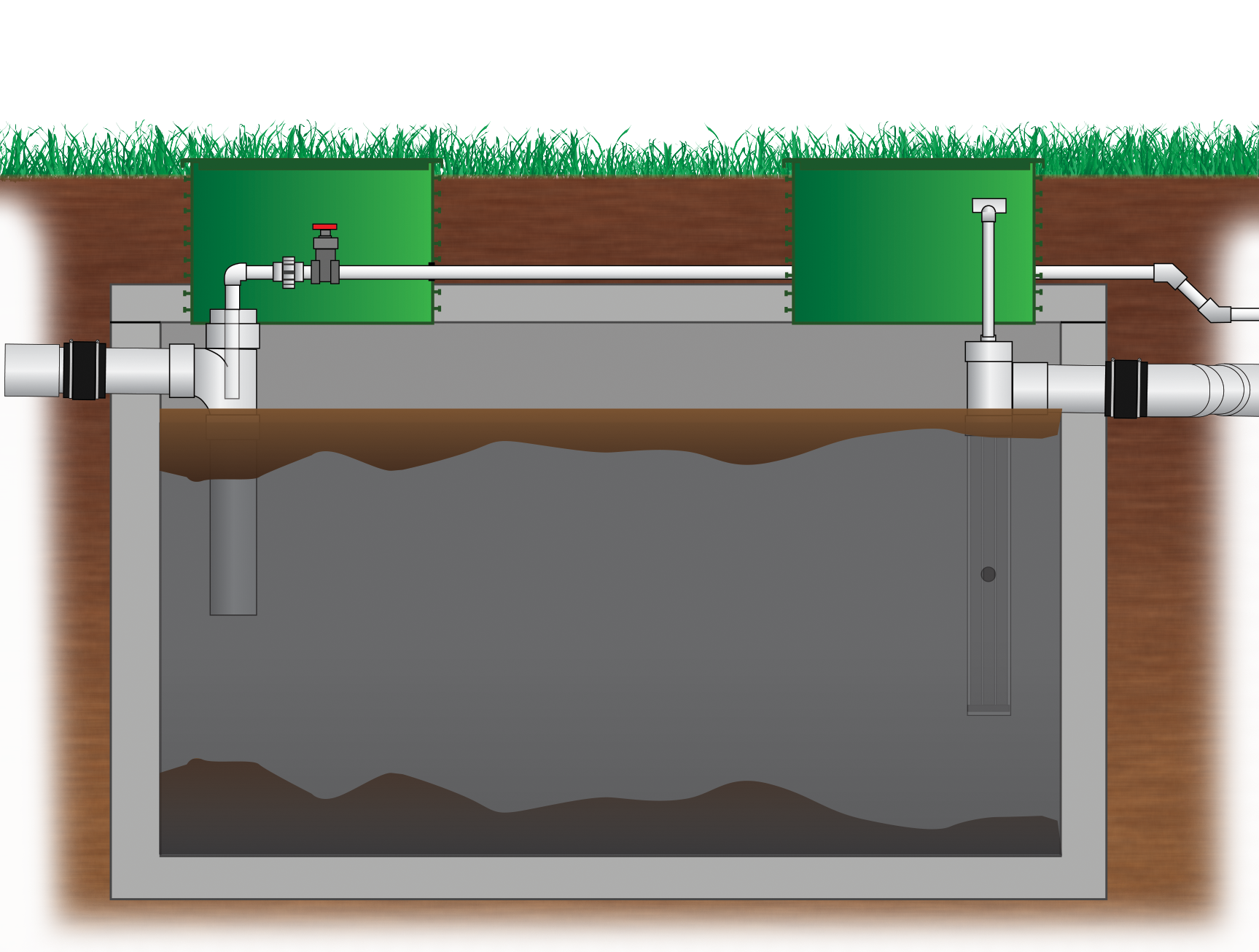Septic Smart Week: Water Efficiency and Septic Systems

A home's wastewater eventually finds its way into the septic system.
An effective use of water is essential to a septic system's correct operation.
Septic systems receive less water when homes practice water conservation.
This lowers the possibility of problems and enhances septic system performance.
Self-Reliance
Installing a septic system gives you command over the treatment of your wastewater. Your wastewater is handled in your backyard, saving you from having to rely on distant treatment plants. It's an organic procedure that has endured for ages.
Water Efficiency:
Water Efficiency: Practicing conscious living means making tiny changes, such as filling the sink for dishwashing, utilizing water-efficient showerheads, and shutting off the faucet while brushing your teeth. These methods can reduce expenses and save thousands of gallons of water.
Tips
Take Shorter Showers Limit your water consumption and fill the tank slower by keeping your showers to 10 minutes or less.
Install Low-Flow Plumbing Fixtures
Here are the flow rates to look for:
Kitchen faucets:2 gallons per minute (gpm) or less
Bathroom faucets:5 gpm or less
Showerheads:0 gpm or less
Toilets:28 gallons per flush (gpf) or less
Use Your Dishwasher & Washing Machine Wisely
Always run your dishwasher and washing machine with water conservation in mind. This means only running full loads or adjusting the water settings for partial loads.
. Look for a dishwasher that consumes 3.5 gallons per cycle or less and a front-load washing machine that uses the least amount of water possible per batch.
Check for Dripping Faucets & Leaky Toilets
The slowly dripping bathroom faucet or “phantom flushing” toilet may not seem like a big deal, but these leaks add up.
Contact Us
855.329.4519 - Toll Free
208.770.2551 - Phone
208.667.8775 - Fax
208.664.2133 - 24/7 Emergency Field Service
Email Address: customer.service@rcworst.com